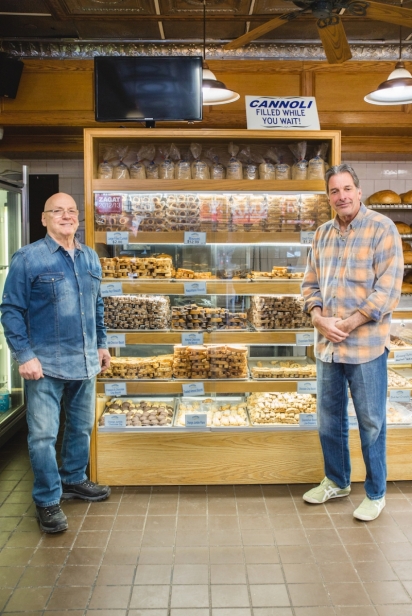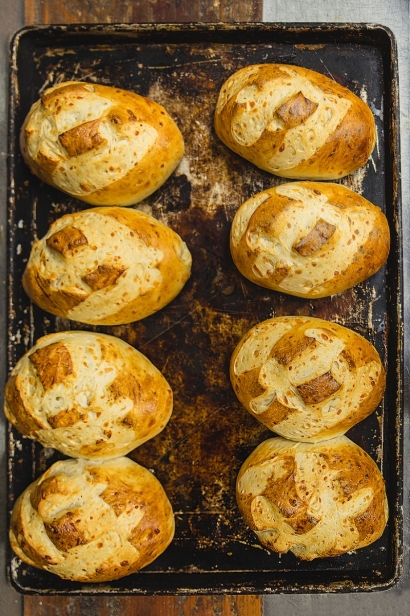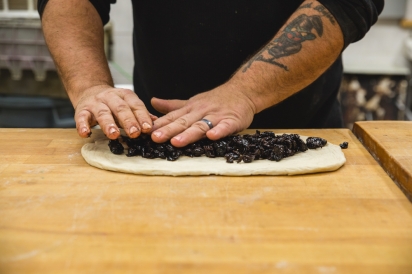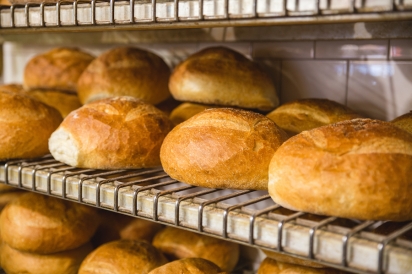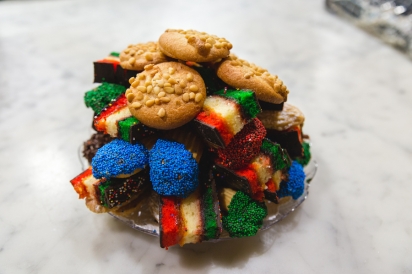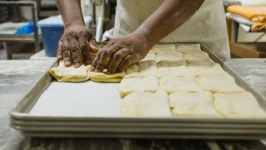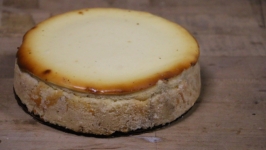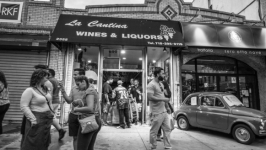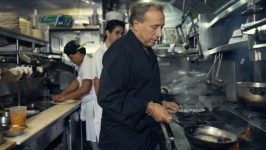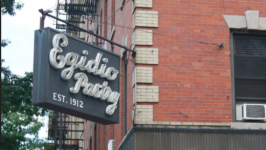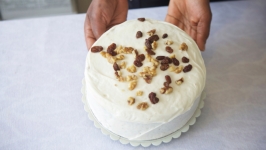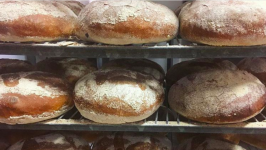Tradition and Innovation Meet At Madonia Bakery
In 1918, the Red Sox won the World Series, Congress approved Daylight Savings Time, and in the Bronx, Mario Madonia opened a bakery on Arthur Avenue. The son of Sicilian parents, Mario focused on the traditional breads he and other first-generation Italian-Americans were most familiar with—pane de casa, seven grain, semolina and ciabatta. These were everyday breads, the type of loaves that could be torn into chunks and used to sop up pasta fagioli or dipped into a pot of Sunday tomato sauce when Ma’s back was turned.
Today, as Madonia prepares for its centennial, there have been a few changes to the bakery, but much remains the same. Mario’s grandson Peter is at the helm, continuing to produce the same loaves that made his grandfather famous. Charles Lalima has been baking in the kitchen since 1996, and his son, Jason, a trained chef who has worked at Parla and Eataly, joined in 2012. When Charles came on board, he had a lot of respect for the Madonia family and all they’d accomplished. “You’ve been doing this for 80 years,” he said. “I wouldn’t change a single thing you’re doing. But, we can add to it.” That conversation, maintained by the understanding that customers were generally in a better financial position than they’d been a generation ago and were now able to not just purchase standard items but impulse treats as well, led to the introduction of specialty breads.
Madonia produces chicola, prosciutto, provolone, cranberry raisin, white chocolate cherry, and olive bread, its most popular offering. The bread is made fresh every day, beginning at 4:30 a.m. The starter sponge is mixed with flour and other key ingredients, then scaled, chopped with a wooden scraper, stretched, and packed with a full cup of black Moroccan olives, all by hand. The olives are folded into the dough so they’re distributed evenly in each slice. During the holiday season, demand for this loaf is so high that Jason Lalima often comes to the bakery early in the morning and doesn’t leave his bench all day. The bread goes well with pecorino and olive oil for dipping. Jason also suggests using it for crostini, seared tuna sandwiches, and as an accompaniment to tomato sauce and pasta. It’s a versatile bread—its savory quality allows it to pair well with a variety of meals.
The shop windows and counters are piled high with other treats now, too. The bakery makes several varieties of biscotti, Italian cookies and hand-filled cannoli. Jason has encouraged the bakery to branch out, so often, they’ll try a new product, see how it sells, and then refine it until they’re satisfied with the result. After a vacation to Germany, Charlie proposed the idea of making pretzels. Not long after that, they began appearing on shelves. Similarly, while Italian bakeries don’t usually sell fruit pies, Madonia now offers pumpkin and apple pies in the fall and berry pies in the summer. “At the core, we’re a traditional Italian bakery,” Peter says, “But we’re willing to experiment to evolve with people’s tastes and needs. We go out, look at what other bakeries are doing, how they’re being creative, and then we come back. We experiment, test products and put our own stamp on it. eight out of 10 times, the new product sticks.” The way Peter sees it, Madonia is part of a larger ecosystem on Arthur Avenue. It offers an authentic culinary experience consistent with the way his father and grandfather conducted business. These days, people are passionate about hand-crafted goods, and he’s hopeful that well beyond its centennial, Madonia will continue offering up homemade breads for customers all too happy to buy a piece of baking tradition.
2348 Arthur Ave, Bronx, NY



